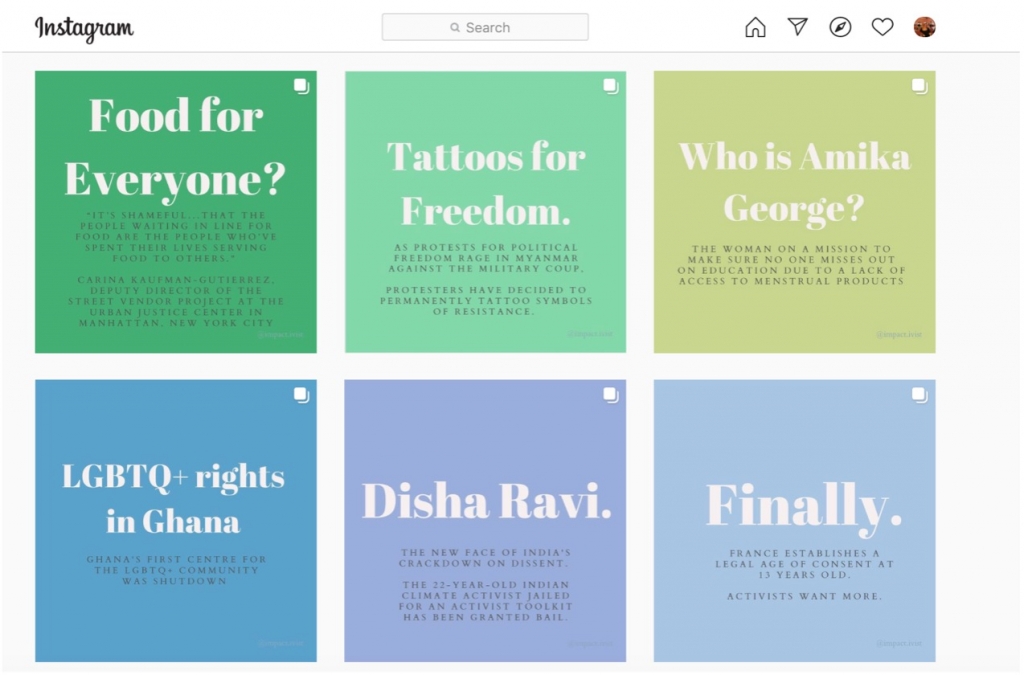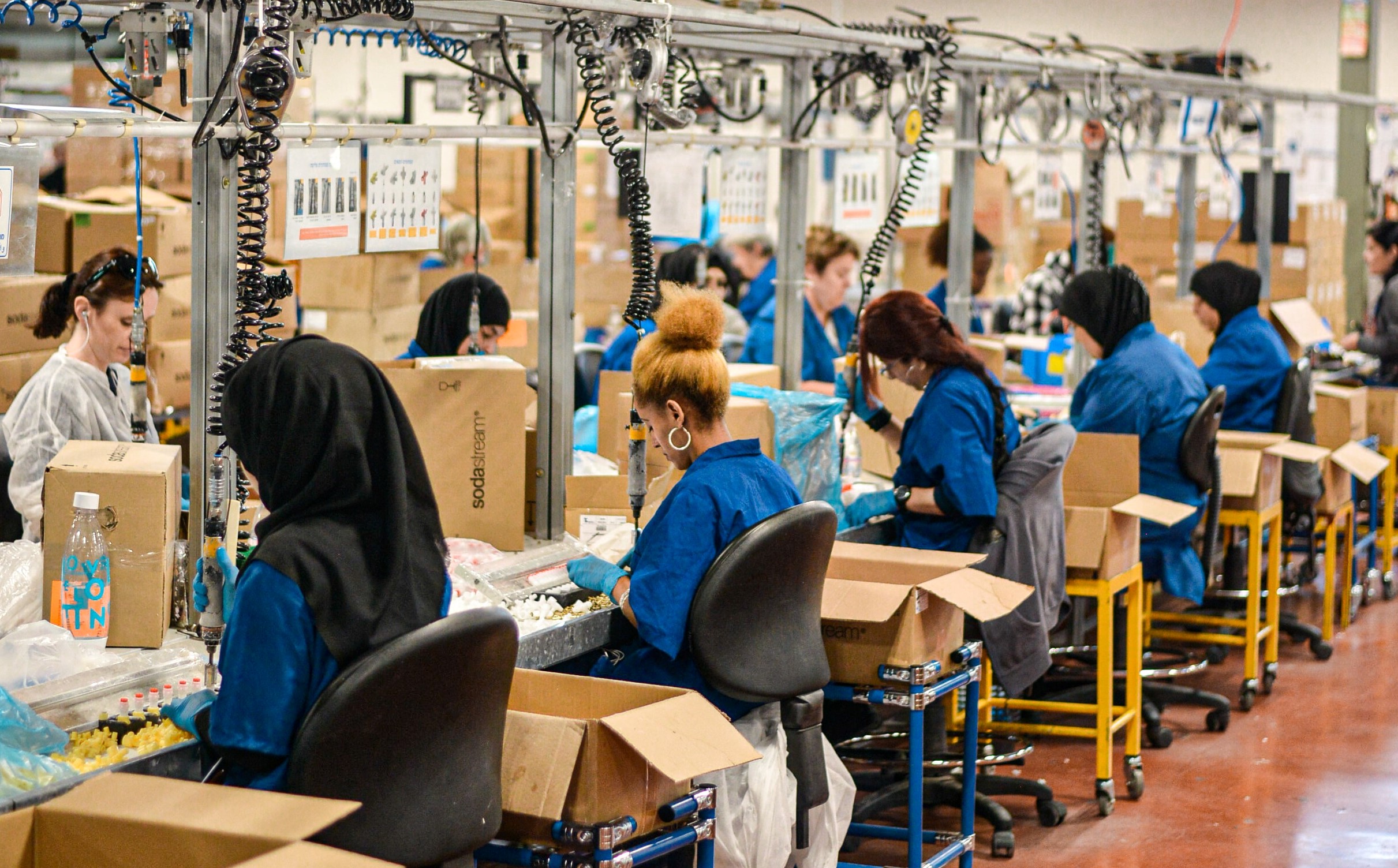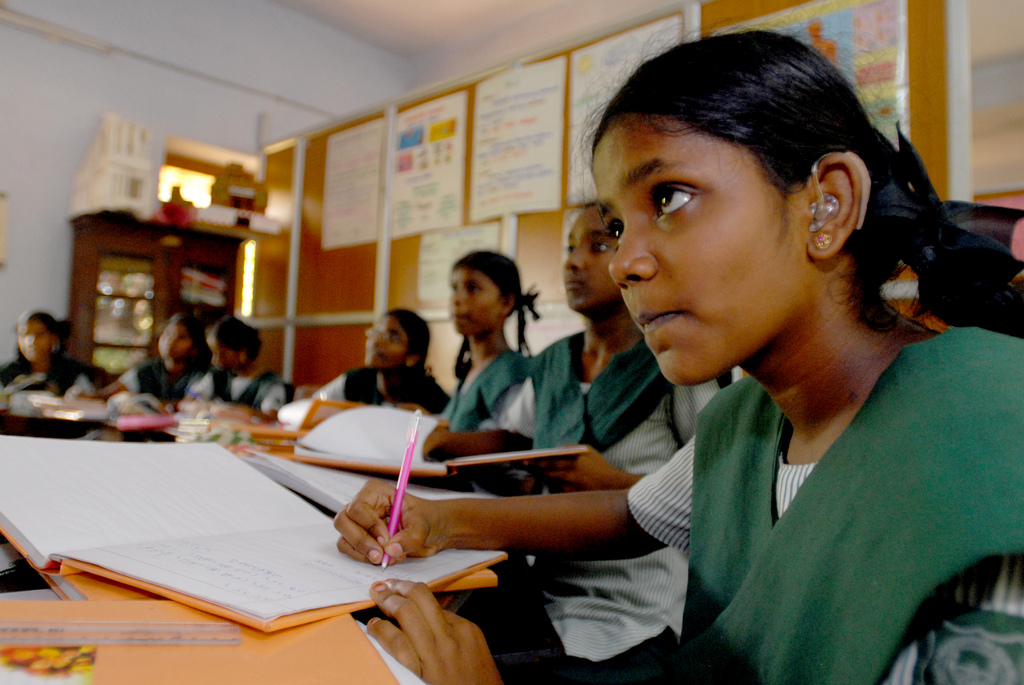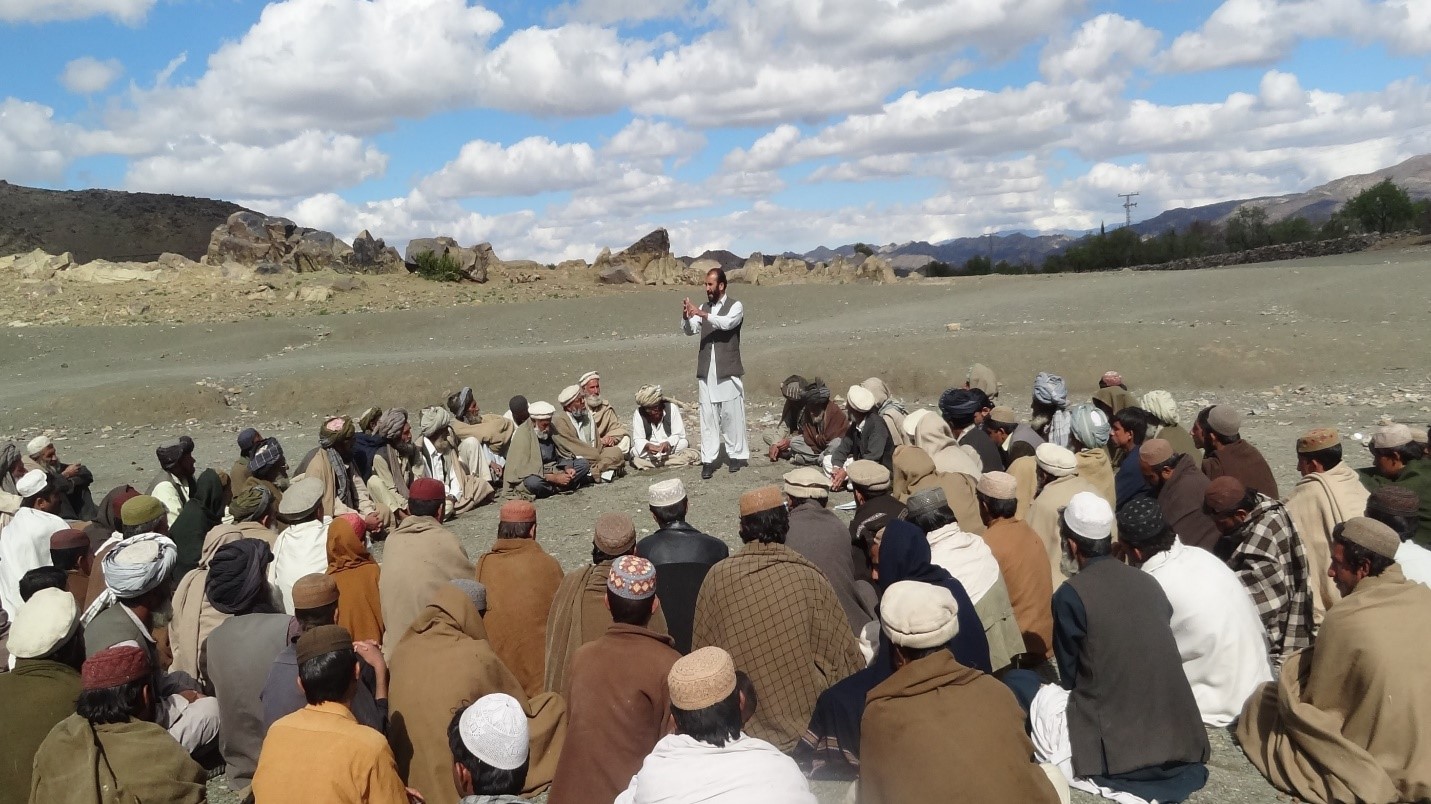The Impact.ivist Instagram account was started by a group of student activists who came together after taking Duncan Green’s class on Advocacy, Campaigning and Grassroots Activism (DV455). In this blog post, MSc Development Management student Sofia Kellogg provides an insight into the initiative and speaks to her co-founders about the project.
On social media, we are bombarded by different content – from cute pictures of your friends on the beach to breaking news about the latest world crisis – and it can be hard for smaller activist movements to reach the public amongst all this noise. Our Instagram account, @impact.ivist, was created by a group of students from Duncan Green’s course, DV455 Advocacy, Campaigning and Grassroots Activism. We were inspired by the activism that we were learning about in his class and wanted to apply our newfound knowledge to a cause. I particularly wanted to get involved because I loved the idea of having a platform with which students from around the globe could engage to get the latest resources to become activists themselves. At the beginning of this term, I had no idea where to start if I wanted to become an activist. However, taking DV455 and becoming involved with this account has opened my eyes to the world of activism and given me a lot of hope! It’s incredibly inspiring to see how people are creating substantial change one small step at a time.
Our mission at Impact.ivist is to ‘Learn. Discuss. Act.’ We want to confront issues around the world and provide tangible resources for our peers to get involved with these movements. It can be difficult to keep up with current events and different activist movements. This gap of knowledge inspired us to create a platform that was easily accessible to students and other colleagues. We noticed the desire of students to stay involved and to act despite the restrictive measures due to COVID-19. We believe that social media are a real opportunity to keep education and activism alive in all circumstances.
Below, the other Impactivists talked to me about their experiences in DV455 and running the account!
Sarah Jabir, MSc International Development and Humanitarian Emergencies: “Impactivist, if anything, just showed me that it was more than possible for anyone, including me, to become an activist. It gave me the confidence and belief in myself that I was struggling to develop in terms of my activist abilities, and it eventually led me to start my very own campaign to legalize pepper spray for purposes of self-defense in the UK!” Check out her campaign here.
Madison Miszewski, MSc International Development and Humanitarian Emergencies: “I think it’s a great mission to make critical takes on current events more accessible and have really enjoyed working on it. The class has absolutely impacted the ways I think about power structures. I’ve been an advocate since I was a teenager, and this class really gave theory to my practice.”
Élise Pinas, MSc International Development and Humanitarian Emergencies: “I love how we all share our ideas and opinions on the topics we’re talking about, we all have different backgrounds, nationalities, cultures…It allows us to step back and ask questions about how to be inclusive and respectful of all. I also think it’s amazing to do something with what revolves around us, it can be frustrating to acknowledge inequalities but feel like you can’t do anything, especially during the pandemic…On each issue we discover inspiring activists, powerful campaigns: it gives a lot of hope!”
Serene Habbal, MSc Development Management: “I like the idea of learning from other activists from all over the world. There are a lot of lessons we can learn from their experiences that could be adopted in other places through the right tactics and methods.”
Vishal Kothari, MSc Social Innovation and Entrepreneurship: “As an LSE Management student perhaps not as connected to the ID department, I felt this would be a great way for me to immerse myself further into DV455 and gain practical insight into the world of advocacy. [DV455] has highlighted a world that I took for granted and the frameworks taught have empowered me to think critically about what it takes to catalyze systems change. For someone keen to work in the social enterprise domain, it’s clear now that all initiatives, private or public, need some form of power analysis and influencing strategy.”
Go check out the account here!

Sofia Kellogg (LinkedIn).
The views expressed in this post are those of the author and in no way reflect those of the International Development LSE blog or the London School of Economics and Political Science.






1 Comments